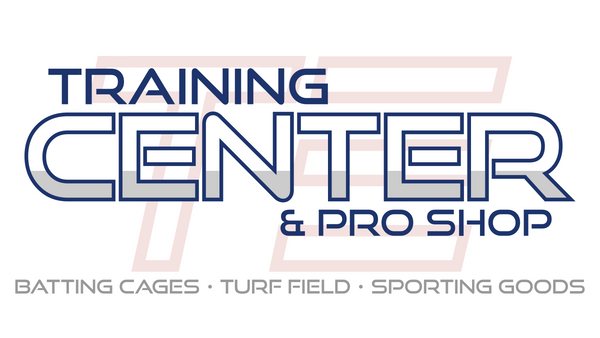55 FT Lanes
55-foot pitching and batting lanes are ideal for a variety of baseball and softball training activities. Their length makes them particularly beneficial for:
PERFECT FOR A VARIETY OF BASEBALL & SOFTBALL TRAINING PURPOSES
-
PITCHING PRACTICE
Perfect for youth and softball players, 55 ft lanes simulate shorter pitching distances, allowing pitchers to refine mechanics, accuracy, and off-speed pitches.
-
HITTING DRILLS
Great for batters to work on timing and technique, especially with shorter-distance pitching or machine use for focused practice
-
DEFENSIVE DRILLS
Fielders can practice quick throws, charging bunts, and turning double plays, while the shorter lanes are ideal for position-specific skills and small-group drills.
-
VERSATILE TRAINING SPACE
Supports pitching machines, portable mounds, and tees, making lanes versatile for all skill levels and ideal for individual or team indoor training.
Why use a 55 FT Lane?
Pitching Practice
Shorter Distance for Softball or Younger Players: Perfect for youth baseball players who pitch at distances shorter than 60 ft, 6 in. Softball players also benefit from these lanes, as they align with standard softball pitching distances.
Enhanced Focus on Mechanics: Shorter lanes emphasize refining mechanics like arm motion, release point, and follow-through.
Repetition-Based Training: The shorter distance allows for more frequent repetitions, making it ideal for accuracy drills and developing muscle memory.
Hitting Drills
Timing and Reaction Training: The compact distance allows batters to work on reacting quickly to pitches, improving their hand-eye coordination and swing speed.
Machine-Based Hitting: Ideal for use with pitching machines to provide consistent pitches for technique improvement.
Precision Work: Short lanes provide a focused environment for batters to practice hitting specific zones or achieving solid contact.
Catching & Fielding Drills
Catcher Training: Catchers can work on blocking, framing, and throwdowns to bases at realistic distances for softball or youth baseball.
Quick-Release Fielding: Infielders can practice quick plays like turning double plays, charging bunts, and making accurate throws to first base.
Position-Specific Training: Offers space to practice bunt coverage, pickoff plays, or relay throws.
Specialized Hitting & Bunting Practice
Pitch Recognition and Tracking: Hitters can practice identifying pitch types in shorter distances, which sharpens their decision-making at the plate.
Bunting and Slap Hitting: 55 FT lanes are an excellent space for batters to practice bunt placement and slap-hitting techniques in a controlled environment.
Versatile Equipment Integration
Pitching Machines: Accommodates machines for fastballs, curveballs, and softball pitches.
Portable Mounds: Perfect for simulating game-like pitching conditions.
L-Screens and Tees: Protect pitchers or coaches and provide flexibility for soft toss and tee work.
*All provided at no extra cost upon request at the TE Training Center
Adaptable for All Ages and Skill Levels
Youth Players: Youth leagues often have pitching distances closer to 55 ft, making these lanes ideal for simulating game scenarios for younger players.
Softball Players: 55 ft lanes are ideal for softball because they align closely with standard softball pitching distances, typically 43 ft for most levels.
Advanced Players: Offers space to replicate game-like scenarios for experienced athletes aiming to fine-tune their performance.
Advanced and Focused Training
Shorter Reaction Times: Advanced players can use the shorter lanes to simulate faster pitches, improving their ability to handle high-pressure, game-like situations.
Controlled, High-Intensity Drills: The compact size is excellent for quick and intense drills, such as tracking breaking balls or practicing situational hitting.
Indoor Advantages
All-Weather Training: Indoor lanes ensure training isn’t interrupted by weather conditions.
Controlled Environment: Climate-controlled settings help players focus without external distractions.
Efficiency and Safety
Ample Space: The length ensures that multiple activities (pitching, hitting, or defensive drills) can be conducted safely.
Minimized Risk: With protective screens and plenty of room, players and coaches can train effectively while reducing injury risks.
